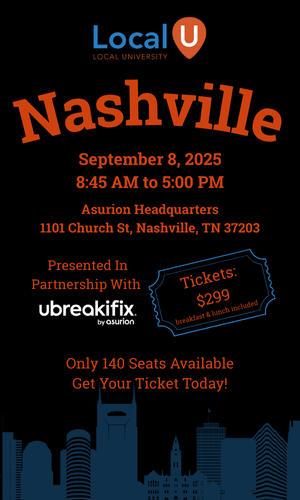CaribouFondue
Member
- Joined
- May 13, 2021
- Messages
- 70
- Solutions
- 3
- Reaction score
- 8
Is on site user behaviour a ranking signal?
Metrics such as traffic, bounce rate, time on page, time on site, etc. seem to be a hotly debated topic weather or not they are a ranking signal in organic search. Sem rush claims it to be the #1 ranking factor, while others claim it has zero impact.
I find it a bit strange that these types of ranking factors were left out completely from the voting in the latest 2023 ranking factors by Whitespark. I assume that this means @whitespark has some reasons to beleive that they have been debunked (I would like to see these).
It seems like what some of my competition is doing is buying a lot of traffic with google ads, and this traffic could potentially be correlated with how well they are ranking.

Have you seen any studies or experiments on this? or has this been debunked? Anyone having success by running google ads to boost traffic and having this impact their local rankings as a consequence of the boosted traffic?
Metrics such as traffic, bounce rate, time on page, time on site, etc. seem to be a hotly debated topic weather or not they are a ranking signal in organic search. Sem rush claims it to be the #1 ranking factor, while others claim it has zero impact.
I find it a bit strange that these types of ranking factors were left out completely from the voting in the latest 2023 ranking factors by Whitespark. I assume that this means @whitespark has some reasons to beleive that they have been debunked (I would like to see these).
It seems like what some of my competition is doing is buying a lot of traffic with google ads, and this traffic could potentially be correlated with how well they are ranking.
Have you seen any studies or experiments on this? or has this been debunked? Anyone having success by running google ads to boost traffic and having this impact their local rankings as a consequence of the boosted traffic?




